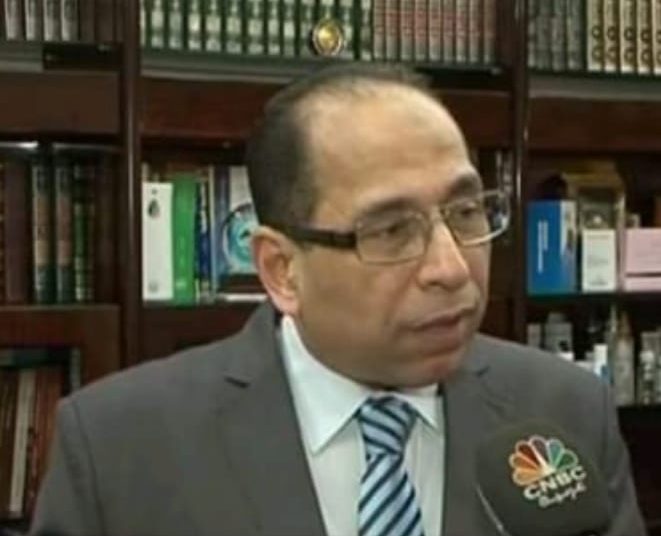Vice President of the French University of Riviera Ahmed El Safty reviewed the outcomes of the national dialogue on education issues, indicating that the national dialogue and the ongoing comprehensive discussions dealt with a number of problems, challenges, hopes and future aspirations.
The official added that all the outputs of the national dialogue seek to advance the educational process in its theoretical and practical aspects with the aim to achieve a real renaissance in vocational education, which represents the global trend in light of the industrial revolution that started a long time ago, but at the present time has become dependent on aspects of technological production. This, he continued, necessitates technical education equipped with the tools of modern development.
Egypt has witnessed progress in the establishment of technical education schools, as the number reached up to 1,960 schools for industrial technical education, which helped raise efficiency and highlight success stories of technical education. Such progress also helps reformulate the market view of technical education graduates as they have the ability to develop Agricultural and industrial fields, depending on the technological and technical development coupled with digital transformation in the fields of industrial and agricultural education.
This is what some private academies affiliated with institutions and factories have begun to seek to serve their future policy. According to El Safty, these schools have been able to achieve a breakthrough in gaining confidence among various popular sectors, which encourages the state to re-methodise technical education with advanced means.
Therefore, this issue was at the top of the priorities of the social axis of the national dialogue, with the participation of representatives of political parties, a number of experts, researchers, proposal submitters, citizens and media professionals.
El Safty also announced that the integrity of the educational system maintains the balance of the strength of the economy, because education is capable of enabling a person to have the ability to self-control, manage crises, take responsibility for projects, manage money and compete in the local and international labor market.






Discussion about this post